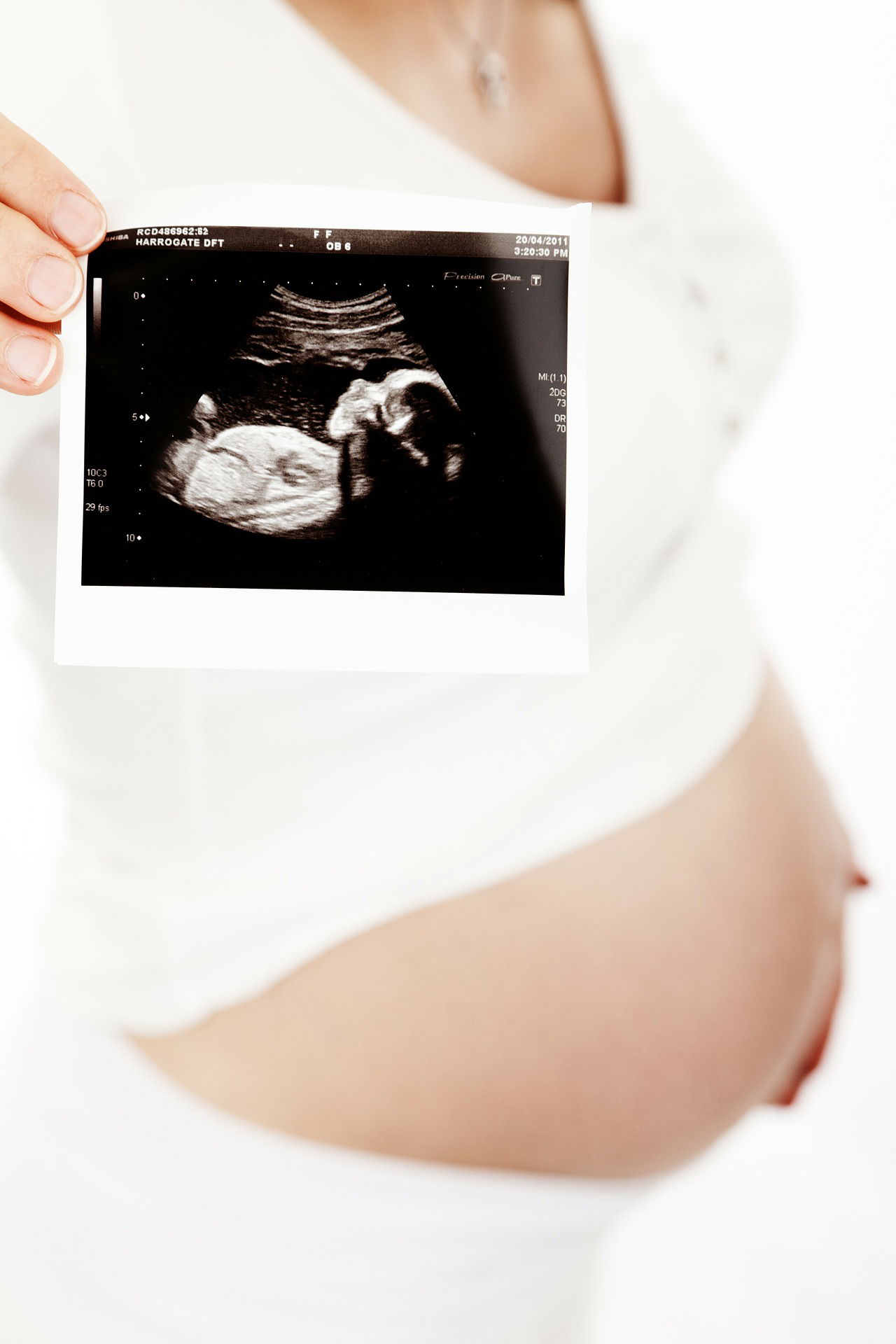Subchorionic Hematoma

A subchorionic hematoma is a gathering of blood between the outer wall of the placenta and the inner wall of the womb ( uterus). The placenta is the organ which connects the fetus to the wall of the uterus. The placenta performs the feeding, breathing (oxygen to the fetus), and removes the waste ( excretory work) of the fetus.
SCH is the most common abnormality found on an ultrasound done during the first trimester or early second trimester of pregnancy. If there has been little or no vaginal bleeding, early small hematomas usually shrink on their own and do not affect the baby or pregnancy. The blood is gradually absorbed over about 1-2 weeks. When bleeding starts later in pregnancy, is larger or occurs in an older patient, the outcome may not be as good. Larger hematomas may get bigger, which increases the chances for miscarriage. SCH also increases the risk of premature detachment of the placenta from the uterus, preterm ( premature) labor and stillbirth.
CAUSES
There is no known cause for SCH. However, it may occur at the time when the fertilized egg implants on the uterus and slightly separates from the uterus.
SYMPTOMS
Most patients with a small subchorionic hematoma in first trimester have no problems. If problems do show up, they may include:
- Premature labor.
- Painless vaginal bleeding.
- Belly ( abdominal) or pelvic pain/cramping.
DIAGNOSIS
An ultrasound will likely be performed.
HOME CARE INSTRUCTIONS
- Although bed rest will not prevent more bleeding or prevent a miscarriage, your caregiver may recommend bed rest until you are advised otherwise.
- Your caregiver may ask you to avoid heavy lifting (more than 10 pounds), exercise, sexual intercourse or douching.
- Keep track of the number of pads you use each day and how soaked ( saturated) they are. Write down this information.
- Do not use tampons.
- Your caregiver may ask you to have follow-up blood tests and/or ultrasound studies.
- Your caregiver may recommend Rho gam vaccination if you are Rh negative and the father is Rh positive.
SEEK IMMEDIATE MEDICAL CARE IF:
- You experience severe cramps in your stomach, back, abdomen or pelvis.
- An unexplained oral temperature above 100º F (37.8º C) develops. Write these down.
- You pass large clots or tissue. Save any tissue for your caregiver to look at.
- Your bleeding increases or you become light-headed, weak or have fainting episodes.